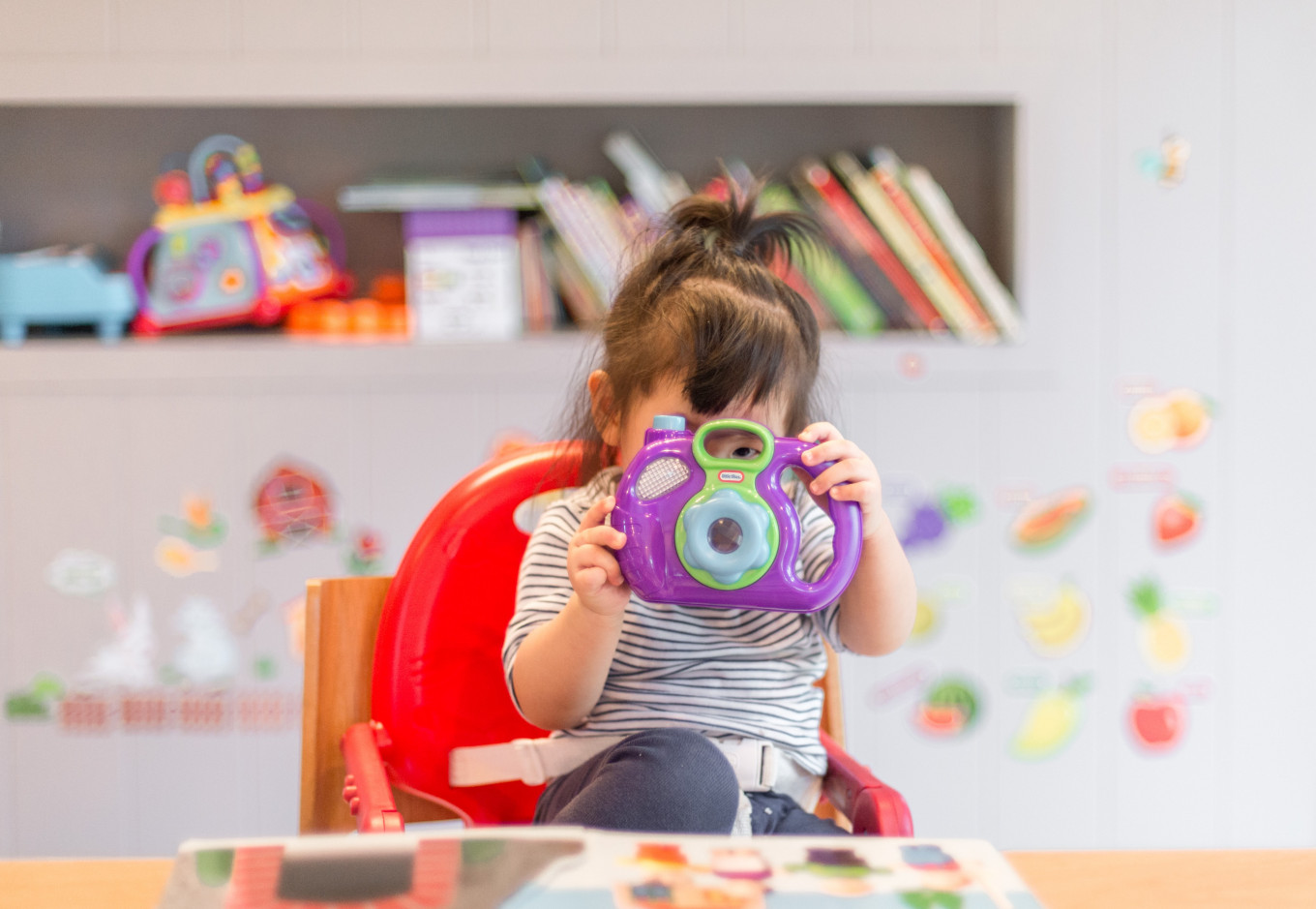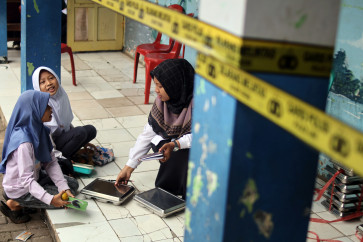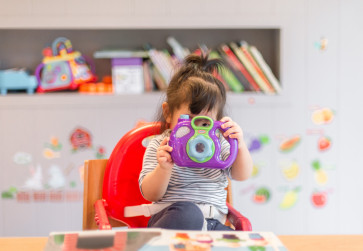Popular Reads
Top Results
Can't find what you're looking for?
View all search resultsPopular Reads
Top Results
Can't find what you're looking for?
View all search resultsPandemic generation: Developmental issues in young Indonesian learners
Change text size
Gift Premium Articles
to Anyone
I
t takes a village to raise a child, but what happens to their development when the village is in lockdown? Parents and experts look at what worked and what kinds of problems emerged during the pandemic.
At the height of the pandemic, parents had to scramble at getting their children to focus on a computer screen. Helping their children, especially very young children, learn online was not easy for parents, many of who were also juggling other day-to-day responsibilities.
This was the case for Muhammad Faried Kasaugie, a father of four who was still at university in 2019, the year before the pandemic struck, who relied on his wife to help the kids with online schooling.
"The atmosphere at home was inconducive [to learning] and a bit chaotic, especially for my wife, because she needed to prepare the children for their classes online and prepare household needs as well," said the native of Tangerang, Banten.
"When the pandemic was at its peak, the children had their classes at home and played indoors. They did most of their activities inside the house.
"Since they didn't meet their teachers physically, I think their [learning and] socialization were not as effective. They may know the learning materials, but children still need to meet each other offline for their physical and mental growth," he said.
Latifah Fitriani Rakhman, a 29-year-old from Malang, had a daughter who was just 2 years old when the pandemic arrived in Indonesia, and the family of three had to drastically reduce their outdoor activities.



















